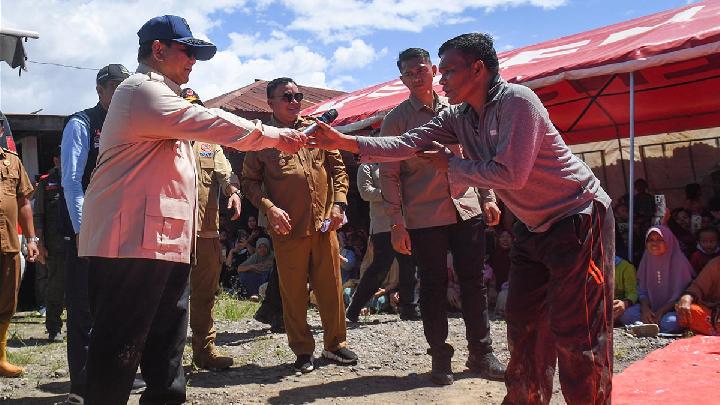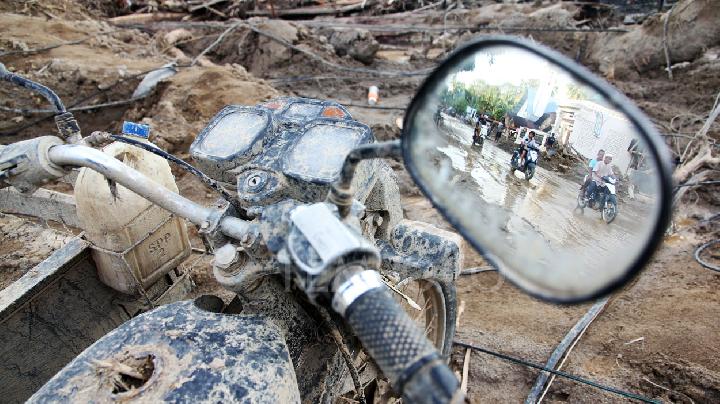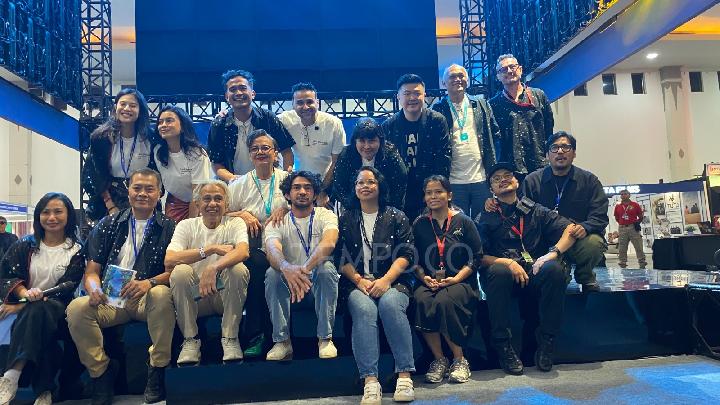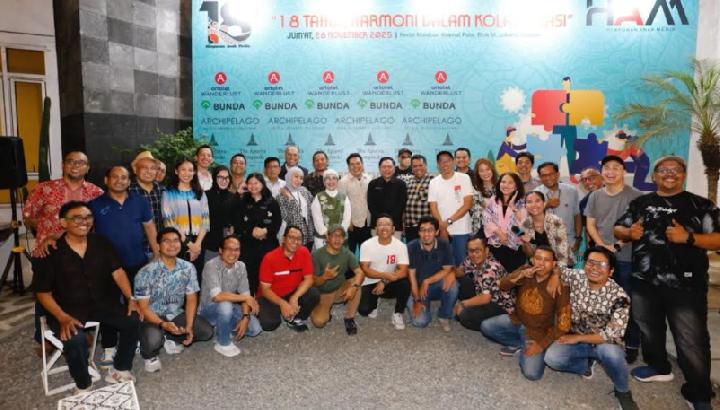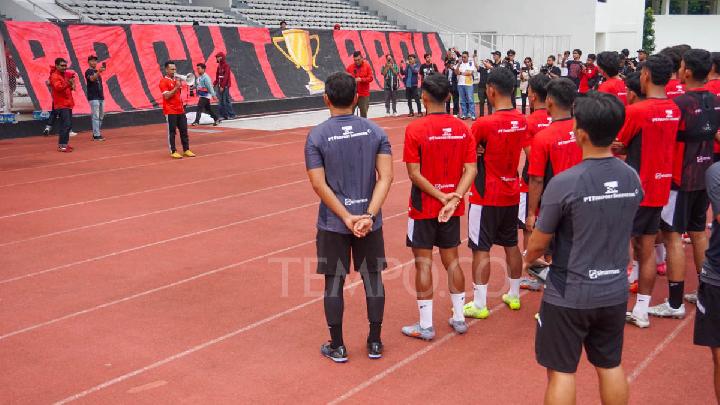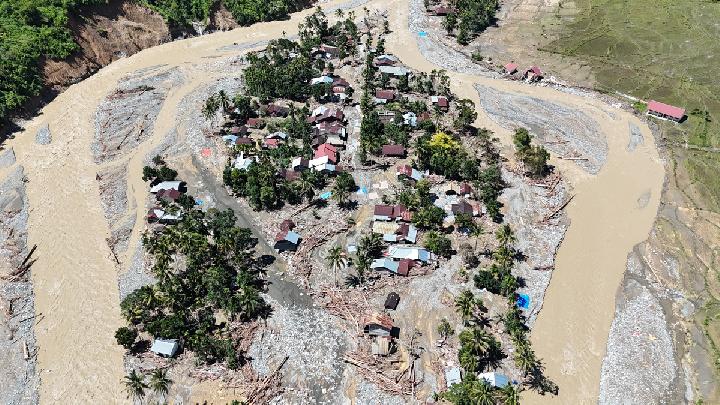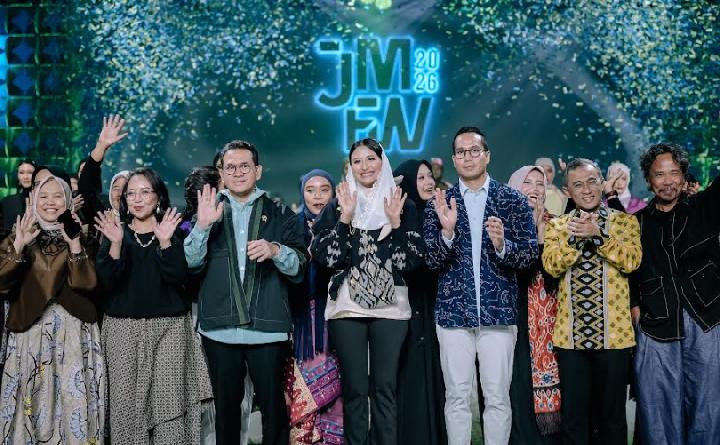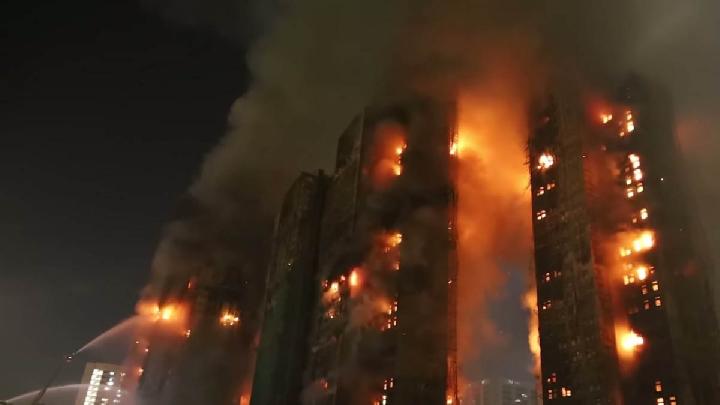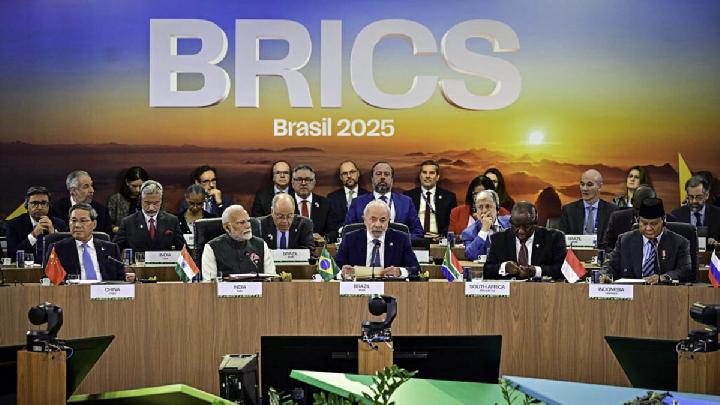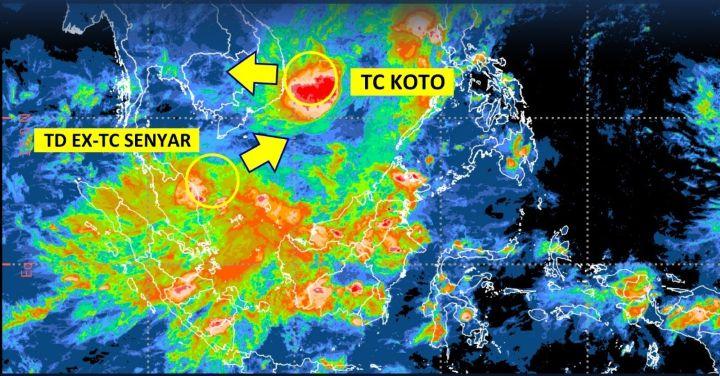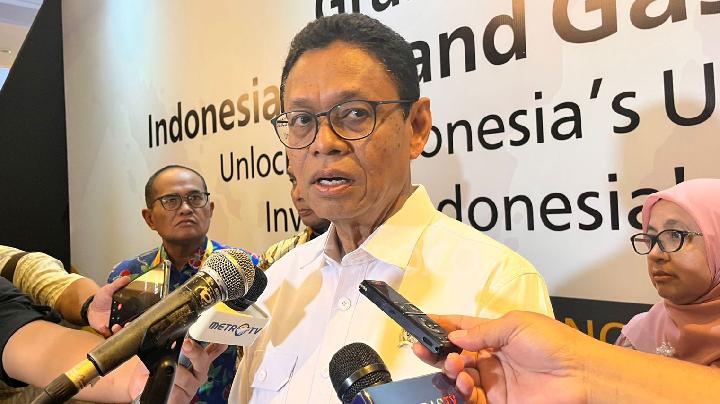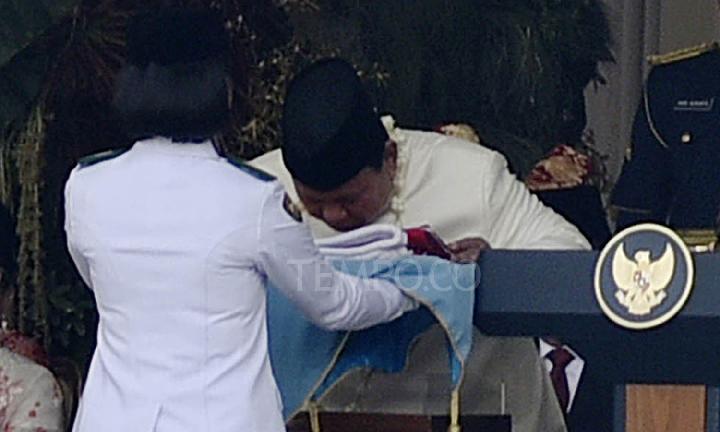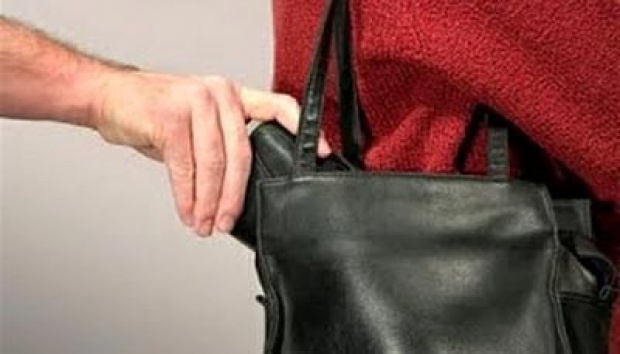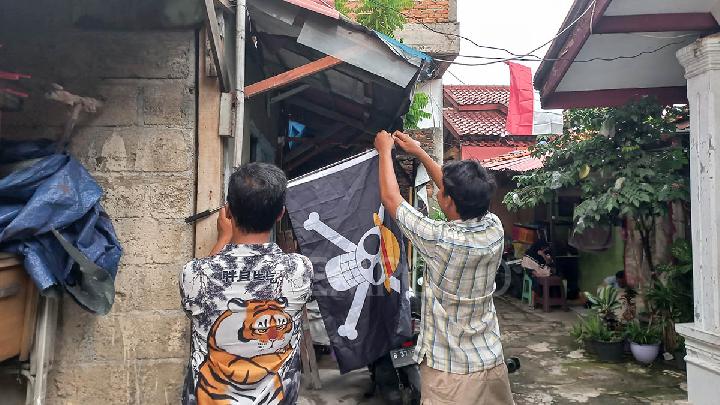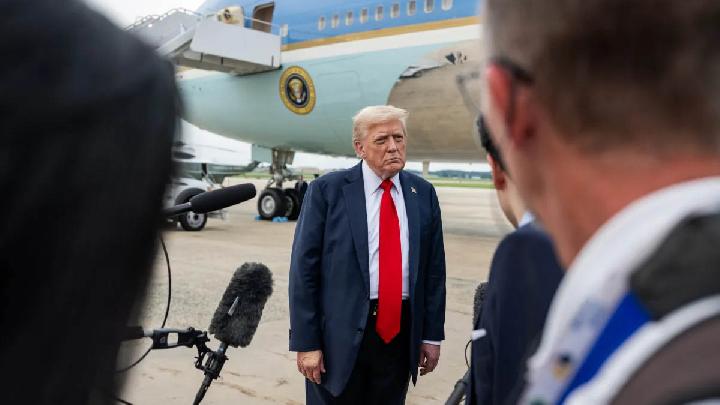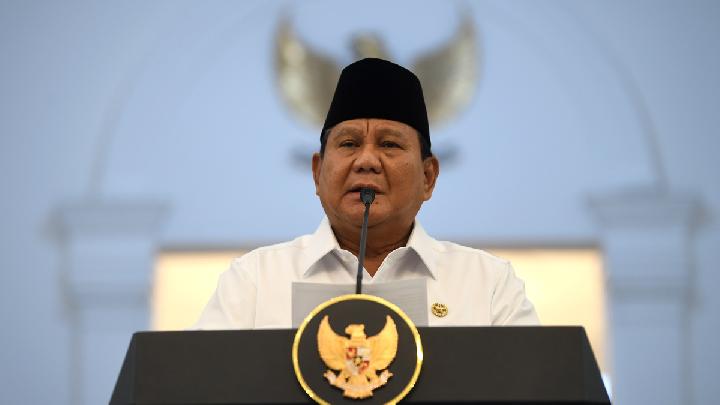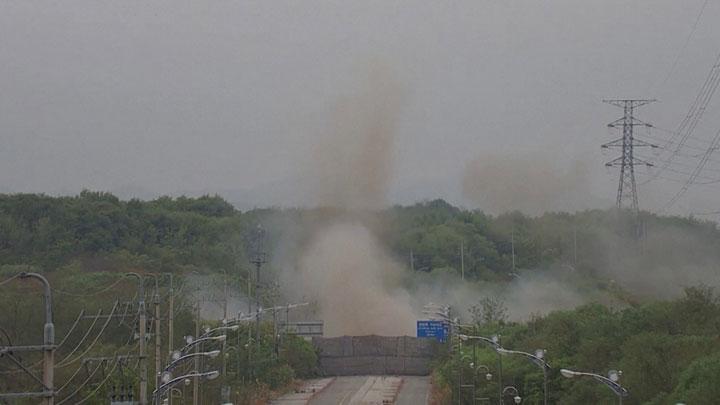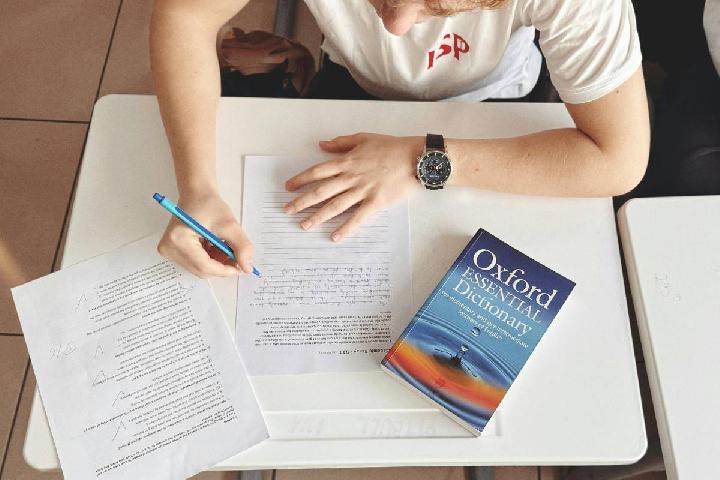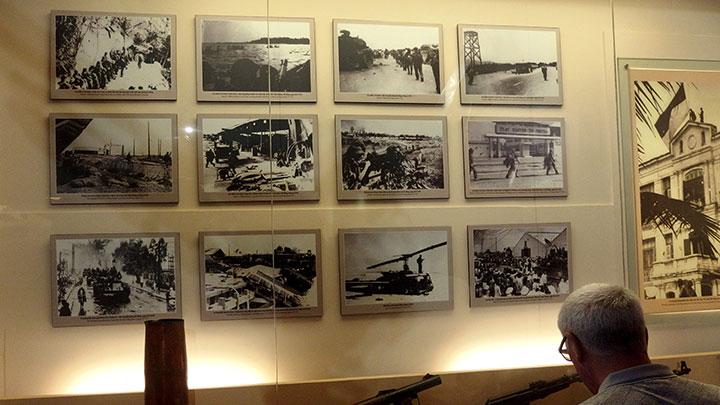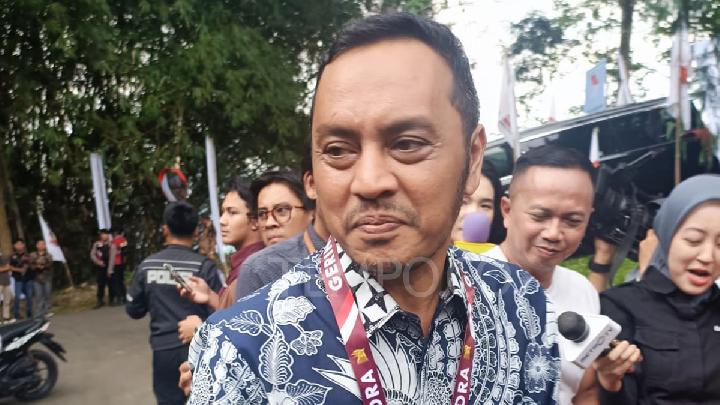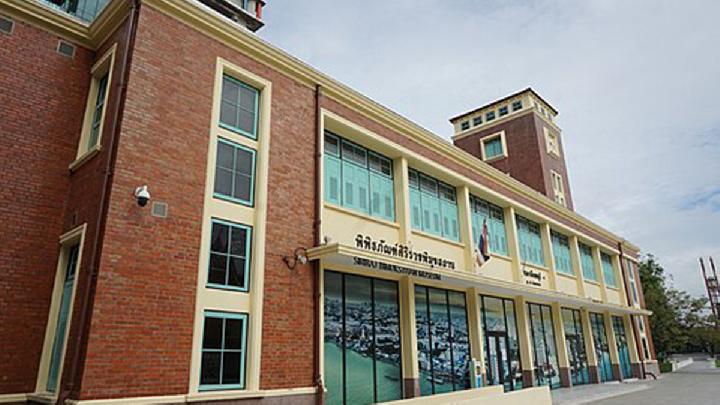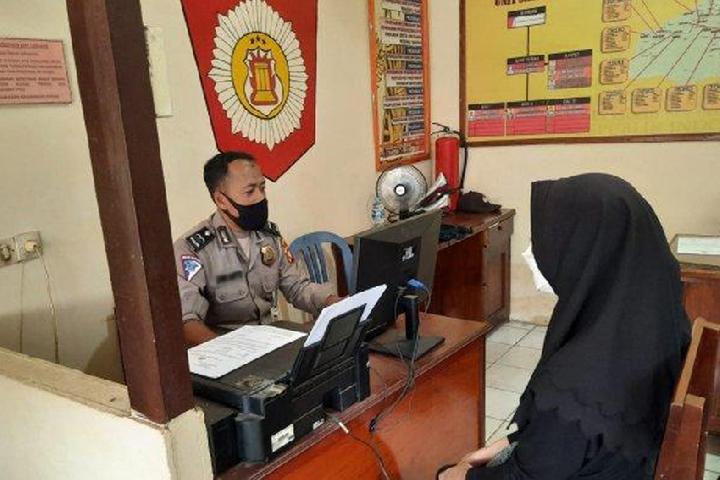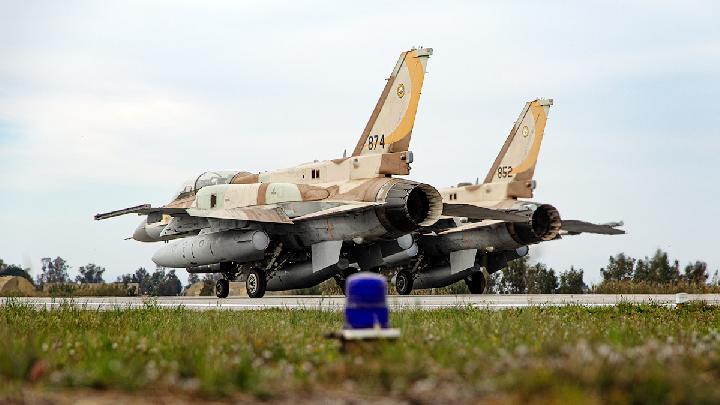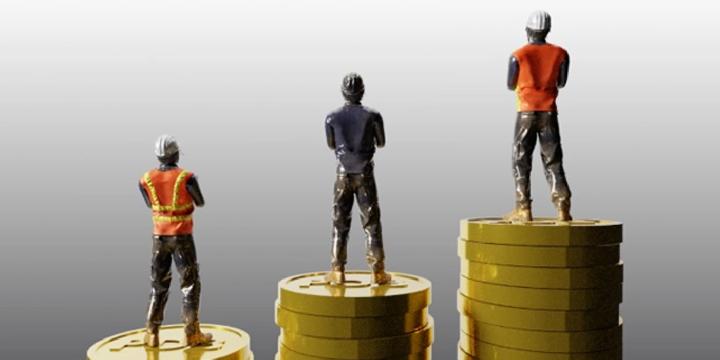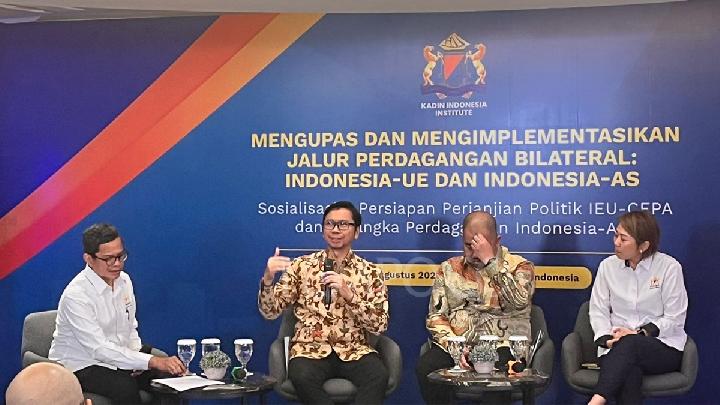TEMPO.CO, Jakarta - In the future, the Gaza Strip is to be governed by a technocratic government — at least that's what the US-backed ceasefire plan says, which has brought about a pause after two years of fighting in the coastal enclave.
That plan also specifies that the Palestinian Authority, which controls the occupied West Bank, won't be allowed to play a part in that government until it has reformed "as outlined in various proposals, including President Trump's peace plan in 2020."
In the 2020 plan, the US says it will only recognize a Palestinian state if it ceases "judicial warfare against the state of Israel."
Israeli Prime Minister Benjamin Netanyahu also talked about this in Washington when he visited last month.
"Genuine" reform of the Palestinian Authority must mean "ending lawfare against Israel at the ICC [and] the ICJ," Netanyahu said, referring to the International Criminal Court and the International Court of Justice, two courts of international law where cases against Israel are in progress.
Multiple Cases in International Courts
Both courts are in the Netherlands. One — the ICC — prosecutes individuals suspected of war crimes and the other, the ICJ, is where countries file against other countries, usually for breaking treaties or conventions.
In late 2023, South Africa went to the ICJ and accused Israel of breaching the 1948 Genocide Convention, adopted by the United Nations after World War II. A decision on that isn't expected until late 2027 at the earliest. There is also another case at the ICJ, where Nicaragua has accused Germany of complicity in genocide because of its support of Israel.
Meanwhile the ICC issued arrest warrants for Netanyahu and former Israeli defense minister Yoav Gallant in late 2024. Both are accused of war crimes and crimes against humanity, although neither are charged with genocide. The ICC also issued warrants for three senior Hamas leaders but these were withdrawn when they died.
It is likely the ICC also has other arrest warrants for Israeli politicians that haven't yet been made public.
Could the Current Ceasefire Change Any of That?
If the Palestinian Authority exited the ICC case — as Netanyahu has insisted — would that end proceedings?
Even before this round of fighting started in Gaza, the Palestinian Authority had asked the ICC to investigate the situation in Gaza. These requests to the court are known as referrals. The Palestinian Authority actually submitted its referral regarding Israel to the ICC in 2018 and the ICC has been investigating the situation since 2021. The investigation looks at potential violations all the way back to 2014. Before the Hamas attack in October 2023, it had been focused on settlement expansion in the West Bank.
In November 2023, other countries — including South Africa, Bangladesh, Bolivia, Chile and Mexico — joined the ICC case, saying that the situation the Palestinian Authority had originally notified the court about needed to be investigated.
Additionally, human rights organizations have also joined that ICC case. For example, by late September 2025, Reporters Without Borders had filed five complaints against Israel with the ICC, saying the Israeli military was deliberately targeting Palestinian journalists.
Earlier this month, Italian Prime Minister Giorgia Meloni told press that she and other ministers had also been accused of "complicity in genocide" by a Palestinian advocacy group in another filing with the ICC, because Italy has supplied weapons to Israel.
This means that, regardless of what the Palestinian Authority does, the international cases would continue because other complainants are also involved.
Does Ceasefire Make Genocide Harder to Prove?
The ceasefire is also unlikely to change how either the ICC or ICJ cases are conducted, legal experts told DW. The fact that Israel has agreed to stop bombing Gaza now doesn't invalidate previous allegations.
"All possible proceedings, be they on the national level or on the international level, will be unaffected by the current developments," Kai Ambos, a professor of international criminal law at the University of Göttingen, Germany, told DW.
The 20-point plan also offers amnesties to Hamas fighters who disarm. More detail is needed on that, the law professor says. But even then, any amnesties "would not be binding on national justice systems, like Germany's, or on the ICC," Ambos pointed out. The agreement would only be binding between the two parties to the conflict, he noted.
"The ceasefire should make no difference for the prosecution or accountability for past crimes committed by either side," confirmed Susan Akram, director of the international human rights clinic at Boston University's law school.
"The issues of evidence are likely to be more complicated, insofar as evidence is likely going to be erased under the rubble in Gaza, and thousands of Palestinians who witnessed atrocities being committed, including hundreds of journalists, have been killed."
But, she adds, there's already been a lot of evidence collected. The UN Commission of Inquiry on the Occupied Palestinian Territory, which concluded in September that Israel was committing genocide in Gaza, has its own database and this will likely be used by courts.
"There are also cases in various countries against European government principals for complicity with the genocide in Gaza, as well as requests for the arrests of various Israeli soldiers and commanders for their crimes in Gaza. None of these will be affected by the ceasefire," Akram said.
Impact on German Court Cases
That includes cases in Germany. Over the next week or so, a case brought by the European Center for Constitutional and Human Rights (ECCHR) against the German government will move up to one of the country's highest courts, the Federal Constitutional Court. There the ECCHR will argue that Germany should not be exporting weapons or arms components to Israel.
"From a non-legal perspective, it's understandable to ask whether the actual situation might have some kind of impact on the case," Alexander Schwarz, co-director of the international crimes program at ECCHR, explains. "But legally, a ceasefire — no matter how long it holds — doesn't change the legal foundation of our claim."
For one thing, the ECCHR's case looks at the facts on the ground only up until January 2025, Schwarz notes. For another, international rules on the arms trade say Germany must assess recipients of its arms exports to see if there's any danger of German weapons being used in war crimes.
In August, Germany partially suspended the approval of new arms exports to Israel. But since a ceasefire was declared, German politicians have already said that these restrictions should be lifted.
"After two years of systematic violations of humanitarian law by Israel, the risk [of German arms being used in war crimes] is obviously still there. It will take time until Germany can legally export weapons to Israel again," Schwarz argued.
"War crimes, crimes against humanity and, as the UN Commission of Inquiry, suggests, acts of genocide, do not simply disappear because the fighting pauses. A ceasefire does not erase accountability. If anything, it provides the space for justice to proceed."
Editor’s Choice: South Africa: Gaza Peace Deal Won't Affect ICJ Genocide Case Against Israel
Click here to get the latest news updates from Tempo on Google News

